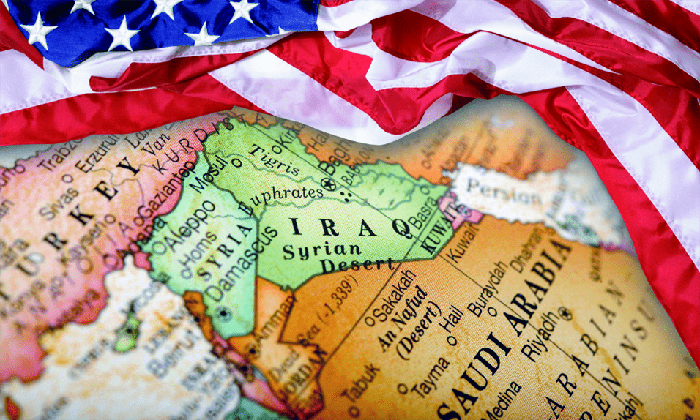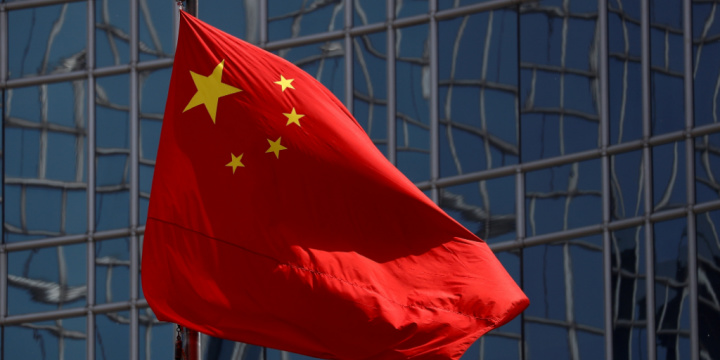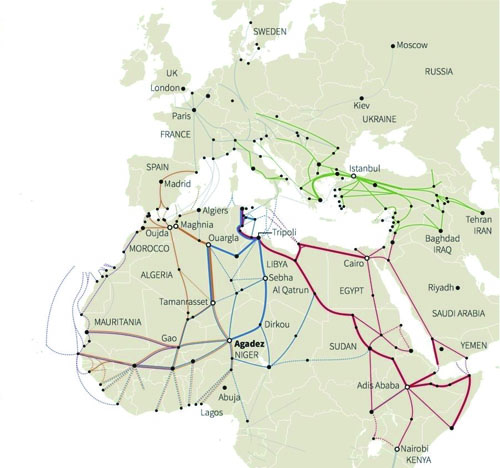Trump in Yemen: The Attack on Civilians
Juan Cole
What are the implications of President Donald Trump’s erratic illiberalism for Yemen under the Ansar Allah or Houthi movement? Signs of conflict have already appeared over the president’s Gaza plans. Trump engaged with the Houthis in Yemen during his initial tenure chiefly by imposing rigorous economic penalties and by backing the Saudi-led military campaign against the Houthis, despite resistance from lawmakers in Congress. Upon reclaiming office in 2025, he reinstated the Houthis’ classification as a terrorist organization, disregarding warnings against an ensuing humanitarian disaster, which experts say will be worsened by the suspension of American assistance and the near-total dismantling of USAID. Because Yemen’s populace is extremely impoverished and has been weakened by prolonged conflict, global humanitarian organizations had advocated against the FTO designation, as it would essentially classify those groups as extremists. Delivering food staples and energy supplies to northern Yemen could be construed as offering “tangible assistance” to the ruling authority in that territory, even if the aid was intended for non-combatants. Trump's classification of the Houthis as an FTO could result in extensive suffering and death across Yemen. At the same time, Yemenis are wary of Trump’s return for political reasons. In mid-February, tens of thousands of Yemenis responded to the summons of Ansar Allah leader `Abd al-Malik al-Houthi in Sanaa to demonstrate against President Trump’s threats of ethnic cleansing against the Palestinians in Gaza. Al-Houthi threatened missile and drone attacks if the U.S. and Israeli authorities moved to expel the people of Gaza. While Trump may engage in a campaign of bombardment against the Houthis if they return to disrupting Red Sea trade, it is unlikely that he will do more in that regard than had the preceding Biden administration. Trump engages in bombast, but his strategic authoritarianism is often merely theatrical. His rhetorical excess when confronting adversaries was not mirrored, during his first term, by any significant new large-scale military actions. The president favors economic warfare, but there is little reason to think that this tactic will succeed in a largely agricultural, decentralized country such as Yemen. Trump may lack the perseverance and inclination for anything more sustained than a high-profile airstrike on Sanaa, an action that would inflict devastation upon the civilian populace while doing little to degrade the Houthis' military capacity. Aerial bombardments in any case typically prove ineffective against insurgent factions unless executed in tandem with a large-scale deployment of ground forces equipped with heavy armor, as Saudi Arabia and the United Arab Emirates discovered during their fruitless seven-year war against the Houthis. American isolationism could allow regional hegemons more freedom of action and autonomy. Will Trump forward Yemen policy to Saudi Arabia, given his closeness to its de facto ruler, Mohamed Bin Salman?
Juan Cole is the Richard P. Mitchell Collegiate Professor of History at the University of Michigan. Cole has been in the Middle East field for 50 years and has written widely on it. In recent years one of his interests has been the contemporary Gulf. He has also pushed back against putting Islam and the Middle East solely under the sign of violence and has promoted the writing of the peace history of the region, a project that gave rise to his 2021 edited volume, Peace Movements in Islam (IB Tauris). He wrote extensively about the Arab Spring youth uprisings of 2011 and their aftermath, having authored The New Arabs: How the Millennial Generation is changing the Middle East (Simon and Schuster, 2014). Having trained in early Islamics at the beginning of his graduate studies, he has returned to that field in the past seven years, publishing Muhammad: Prophet of Peace amid the Clash of Empires (The Nation Books/ Hachette, 2018) and Rethinking the Qur'an in Late Antiquity (De Gruyter, 2025). Cole for eight years directed the Center for Middle Eastern and North African Studies at the University of Michigan. He is a past president of the Middle East Studies Association of North America.








